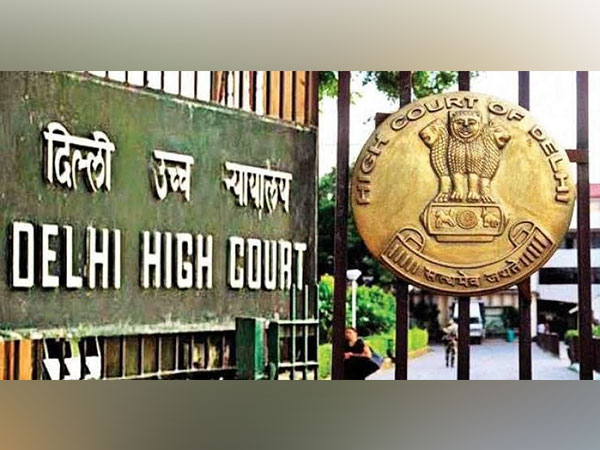Delhi High Court Halts Trial in Chidambaram's Aircel-Maxis Case
The Delhi High Court has temporarily halted trial court proceedings against Congress leader P Chidambaram in the Aircel-Maxis case. The court demands a response from the Enforcement Directorate regarding Chidambaram's plea against the trial court's decision. The matter is scheduled for detailed hearing in January 2025.

- Country:
- India
The Delhi High Court has effectively paused the ongoing trial court proceedings involving senior Congress leader P Chidambaram in the Aircel-Maxis money laundering case. The court's decision comes as part of its consideration of a plea from Chidambaram challenging an earlier trial court ruling that accepted the Enforcement Directorate's chargesheet against him.
A bench led by Justice Manoj Kumar Ohri issued a notice to the Enforcement Directorate (ED), requesting their response while staying the trial proceedings. The case has been slated for a detailed hearing in January 2025. Chidambaram, represented by Senior Advocate N Hariharan along with advocates Arshdeep Singh Khurana and Akshat Gupta, argued that the trial court judge misstepped by recognizing the offence under Section 3 of the Prevention of Money Laundering Act (PMLA) without obtaining the mandated prior sanction under Section 197(1) of the CrPC, considering his former role as a public servant.
The prosecution complaints, dated June 13, 2018, and October 25, 2018, allege that Chidambaram, during his tenure as Finance Minister, improperly approved Foreign Direct Investment (FDI) totalling USD 800 million, an amount exceeding his clearance authority. The complaints assert that this authority rested with the Cabinet Committee on Economic Affairs (CCEA). According to the plea, the ED has accused Chidambaram of committing an offence while performing his official duties, invoking Section 65 of the PMLA which integrates CrPC provisions, including Section 197 that mandates previous sanction. Therefore, the plea contends that the Special Judge's action to acknowledge the charges without this sanction was an oversight.
(With inputs from agencies.)
ALSO READ
Tripura Congress Leaders Face Defamation Charges
Nobody should take Congress leader Rahul Gandhi seriously: Union minister Nitin Gadkari in interview to PTI.
Election Commission Demands Accountability from BJP and Congress Leaders
We are protecting Constitution, BJP trying to dump it in trash bin, alleges Congress leader Rahul Gandhi in Jharkhand.
Maharashtra deprived of jobs due to shifting of Foxconn, Airbus projects to Gujarat: Congress leader Priyanka Gandhi Vadra.










